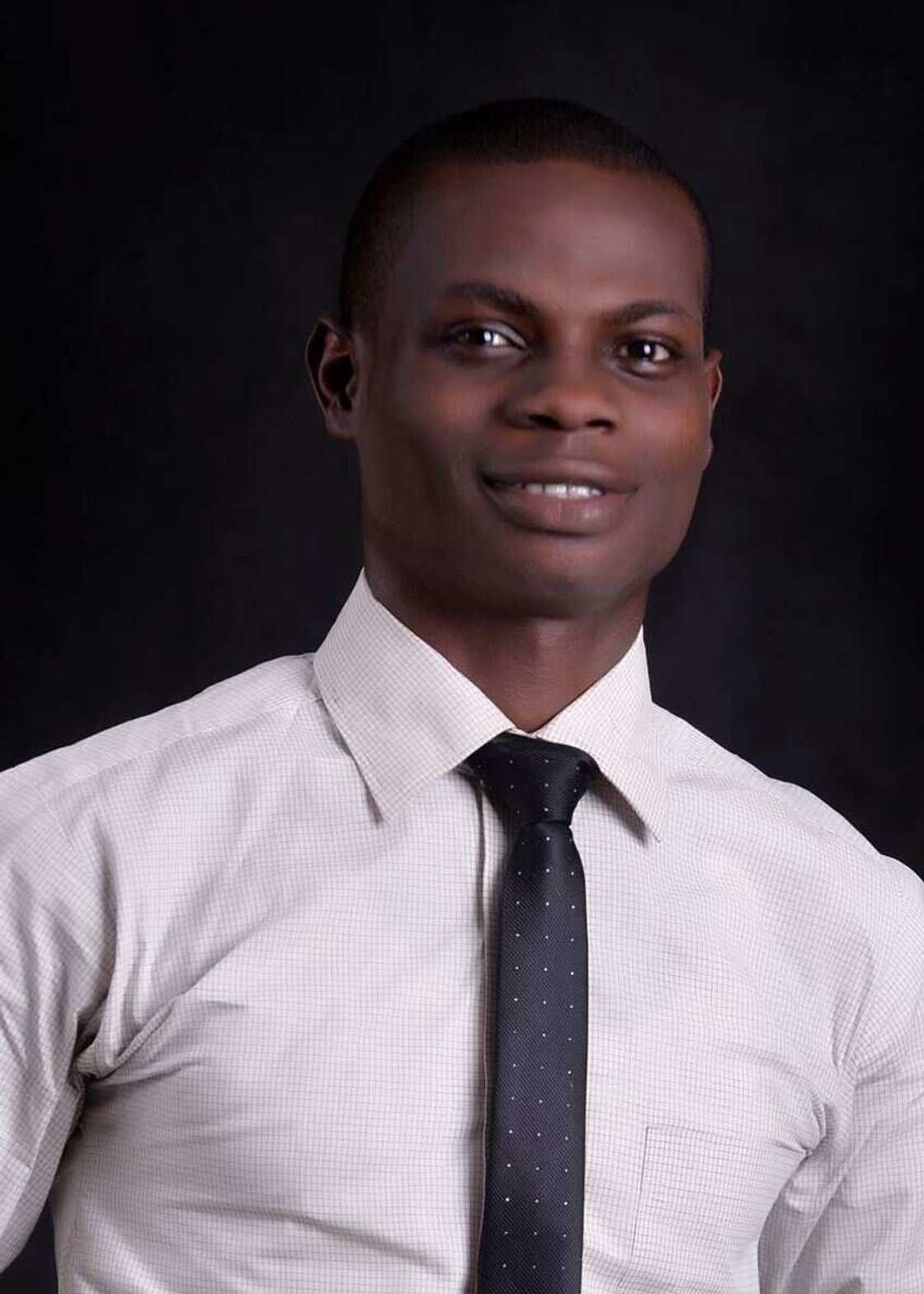Restructuring Nigeria’s Overbloated Academic Curricular By Moshood Olajide
Editor's note: Moshood Olajide, a Nigerian analyst and principal head of Ibadan based MIPAG policy Think Tank Group, takes a serious look at the country's educational system, its dwindling nature, and why there is a need to rejig the sector.
Olajide wants the Nigerian government to study how Finland handles its education in this piece.
PAY ATTENTION: Click “See First” under the “Following” tab to see Legit.ng News on your Facebook News Feed!
Read below:
Education policy-planning emanating from Finland years ago has it that the country is doing away with the conventional traditional education system. That, there won't be subjects. Students will have to study phenomenons, events, ideas, and ideals that relate to their academic aspirations only. The implication of this is that - a Geography undergraduate will not do Biology like the doctors; rather he will concentrate fully on climate change management and Geomorphology.
A student of international relations too will not do Philosophy more than the Philosophers; rather, he/she will concentrate on the theory of diplomacy and power tussle in the international political system. An architecture student will not do Mathematics more than the Mathematicians; rather, energy will be focused on the poor landscape viewing of most cities including its urban renewal arrangement.

Read also
Singer Yemi Alade appointed as UNDP goodwill ambassador, set to promote women empowerment and more
The problem with the Nigerian education system is that it is too rigid to adapt to the rapidity of an advancing and dynamic system of intellection especially with the over-bloated curricular being taught in higher institutions with no relevance to the day to day happenings in the modern world.

Source: UGC
It is however remarkable that Finland is the first country to embark on such a radical education reform programme ever undertaken by a nation-state – scrapping traditional “teaching by subject” in favour of “teaching by topic" and the reward is been enjoyed by the Finnish people today as they are adjudged to have the best education system in the world.
To pave way for the radical education reform which started in 2016, the Finnish government initially commences implementation of scrapping subject-specific lessons. They are replaced by what the Finns call “phenomenon” teaching – or teaching by topic. For instance, a student studying a vocational course might take “cafeteria services” lessons, which would include elements of mathematics, languages (to help serve foreign customers), writing skills, and communication skills while more academic pupils would be taught cross-subject topics such as the European Union.
These reforms reflect growing calls in Nigeria for total overhauling of the education sector especially centering teaching to promote character, resilience, diversity of skills, individual development, and communication skills, rather than students cramming unproductive formulas and pushing undergraduates through “exam factories”.
Nigeria has one or two things to borrow from the developed world about how their education system is organized and run and adapt within the local capacity. For instance, a country like Finland emerged in 2000 as the top-scoring Organization for Economic Cooperation and Development nation on the programme for international students' assessment.
Researchers have been pouring into the country to study the so-called "Finnish Miracle". How did a country with an undistinguished education system in the 1980's surge to the head of global class in just a couple of decades?
Finland had developed such excellence in its teaching workforce. The State publicly recognized the competence of its teachers and trusts their professional judgement in schools which is what is missing in Nigeria where recruitment into the teaching profession across board is not completely merit-driven.

Read also
19-year-old Nigerian boy from the east makes history as he builds 'helicopter' bike (photos)
The Finnish educational system does not employ external standardized student testing to drive performance in schools. Neither does it employ a rigorous inspection system of schools and lecturers. Instead of test-based accountability, the Finnish system relies on the expertise, and professional accountability of well-groomed and highly trained teachers, who are knowledgeable and committed to their students and communities, and education policy in Finland gives a high priority to personalized learning and creativity.
And the only external test in Finland is the matriculation examination that students who want to go on higher education take at the end of upper general secondary school which is equivalent to Nigeria's senior secondary schools.
PAY ATTENTION: Install our latest app for Android, read best news on Nigeria’s #1 news app
For the reasons adduced and the explanation explicitly analysed above, could the Honorable Minister of Education muster the courage to engineer complete overhauling of Nigeria's academic curriculum and consider revamping the Unified Tertiary Matriculation Examination [UTME] by making it more credible in order to assess both average and intelligent students and transform it into a final matriculation examination for upper senior secondary school leavers who want to gain admission to higher institutions while other blind spots in the country's education system as encapsulated here should be looked into and given priority for the direction of education in Nigeria, as the tools of the 20th century are no longer appropriate for education as we need a rethinking of real productive education and a redesigning of our system, to prepare undergraduates for the future with the skills that are needed for today and tomorrow?

Read also
Presidency gives reason for increasing electricity tariff, tells Nigerians what they should do
Disclaimer: The views expressed in this article are the author’s own and do not necessarily represent the editorial policy of Legit.ng.
Your own opinion articles are welcome at info@corp.legit.ng — drop an email telling us what you want to write about and why.
Contact us if you have any feedback, suggestions, complaints or compliments. We are also available on Facebook and Twitter.
Wayo too much for Nigeria - Corruption in Nigeria must end | Legit TV
Source: Legit.ng



